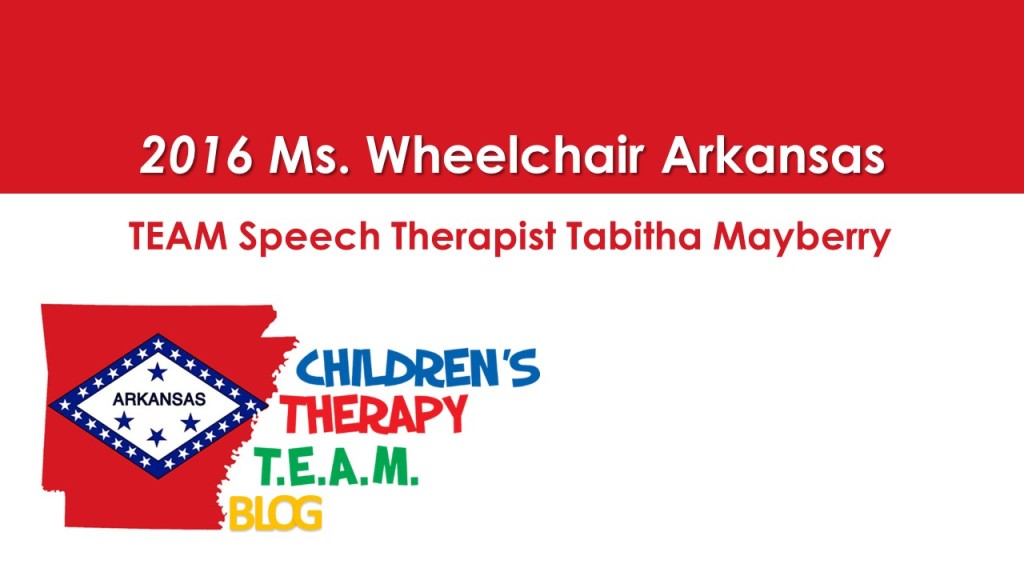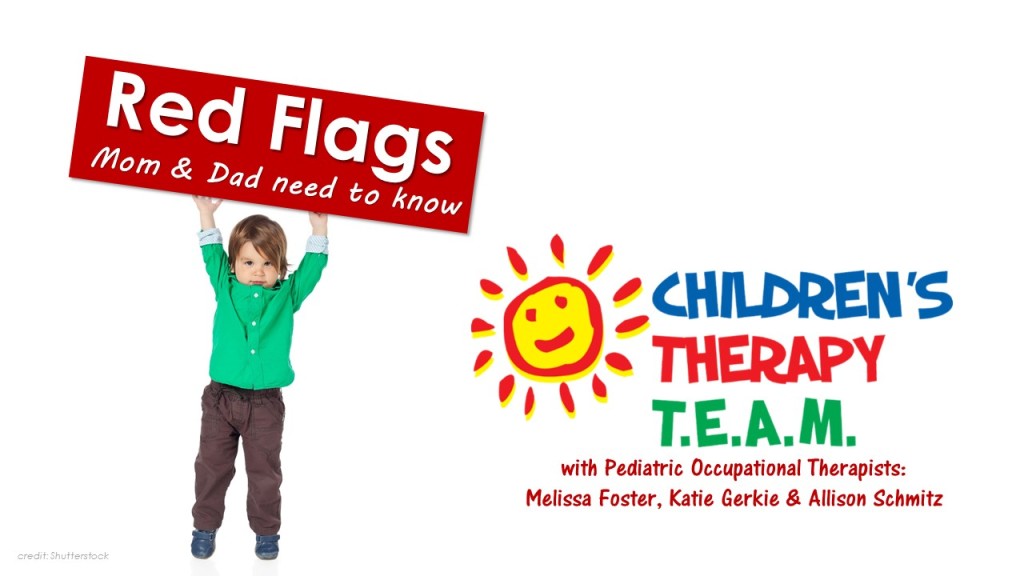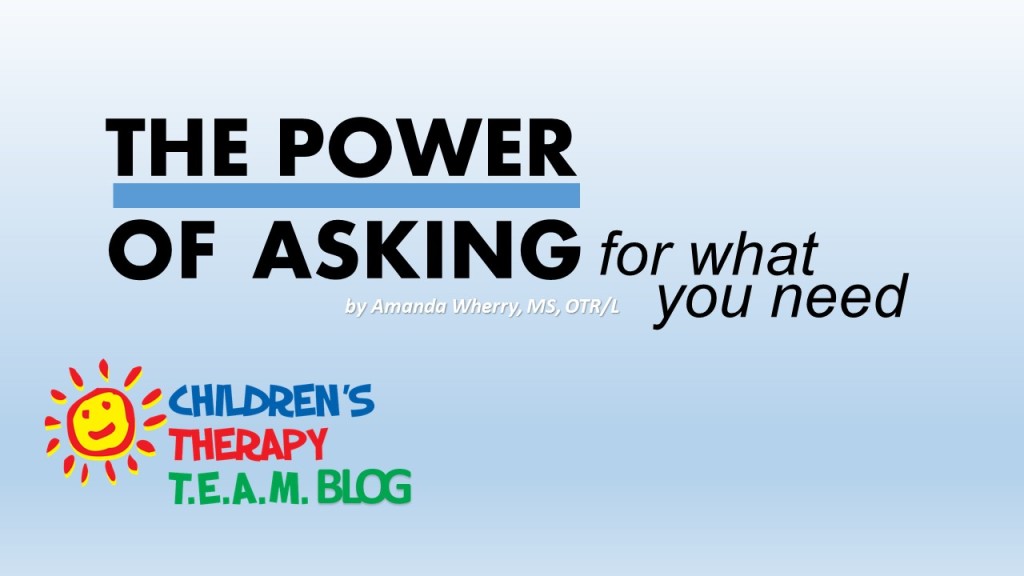There is something powerful that comes from being able to ask (in the right way, in a healthy way) for what you need.
We all have needs, and we all have wants. But if you’re like me, from a very young age, as long as I can remember, I was scared to ask people for what I needed – and I definitely didn’t feel comfortable asking people for what I wanted.
All families have a “culture” that surrounds them and impacts actions, words, and thought patterns. One of the cultures in my family was, “Don’t inconvenience people.” My parents are highly respectful people – they place great value on other people’s time and effort. They hate to “bother” others. But the way this was interpreted in my childhood mind was, “Never ask. Ever. For anything. Asking someone for anything is always a hassle to them.”
So well into my adulthood (and even sometimes lingering now), I had the underlying belief that asking for what you need or want was a horrific thing. It may cause others to be inconvenienced and in turn cause them to be annoyed with you. This also meant they wouldn’t like you or accept you. And let me tell you, if you think that asking will cause that person to dislike you forever, you are most certainly never going to ask.
Instead, I became an expert “sideways talker,” and in my heart I “willed” for people to know what I was saying. For example, when I was a kid, if I saw a friend using a toy I wanted to try, I might say, “Wow, that’s a neat jump rope. It’s so pretty. It looks like it goes really fast. I wonder how well I could jump with it.” Interpretation: “I want to try your new jump rope.”
What I later learned is that asking is really not annoying...but sideways talking is! And it’s unfair. It’s unfair because it puts the other person in the position of being expected to mind read what you are really saying. It means they are supposed to be an expert guesser. And really, who is an expert guesser?
Within my first year of living in Central Asia, I joined a Sunday house fellowship. It was an amazing blend of foreigners from all over the world – England, Canada, Korea, The United States, Hong Kong, Mongolia, Australia, etc. I loved how diverse it was. The blend of cultures brought so much vibrancy and fun learning experiences. But, there was one area where it was not diverse – almost everyone was a part of the same organization, and I wasn’t.
There were times when this didn’t matter much – for example, on Sunday mornings when we were all worshiping together. But there were many, many times where it made for a very “outsider” feeling. For example, when the discussion after fellowship on a Sunday morning turned to planning details for a picnic, an excursion out of the city, or other fun activities – activities that I wasn’t invited to because I wasn’t a part of that team.
The activities weren’t specific to that organization, and there weren’t rules that I couldn’t join in. But because I wasn’t a part of that team, I was often times overlooked. I just wasn’t on the radar. Not in a malicious way – just in a, “Oh, you didn’t cross my mind/sorry I forgot to invite you” sort of way. Living overseas without a family, without a team, and without an organization can be incredibly lonely. I wanted deep and meaningful fellowship desperately, and so I kept trying in every way I knew how to get myself on the radar.
I was already contributing to Sunday fellowship by leading worship and teaching Sunday school. And I knew that my friends in the fellowship appreciated the time and effort it took to do these things…but it still didn’t bring me to the forefront of their mind when it came to including me on girls’ nights or birthday dinners. Those seemed to be reserved for “team only” members.
So I began “sideways talking.” When hanging out with a group member, I would comment that I’d heard that a recent outing was really fun. Or, I’d mention how I always felt nature-deprived by not having a vehicle or a way to get out of the city on my own. So, their hiking trip looked really fun. Or I’d bring up how I sometimes wished I had a team or an organization. But either they didn’t recognize that I was asking them to reach out to me, to include me, to extend themselves beyond their team and organization – or I was talking with people that didn’t feel like they had the authority or position to do so.
Effective communication would have meant sitting down with the leadership of that group and directly telling them how I was feeling. Effective communication would have been to directly ask for what I needed in order to thrive and feel included.
I felt like if I opened my heart up in such a vulnerable way and things stayed the same, then the hurt and rejection from my closest group of foreign friends would be too much of a crushing blow. I was scared that the deeper places of my heart would be dismissed as insignificant, needy, whiney, or too much of a bother. At the root of things, I was scared that the leaders would feel inconvenienced by a person who was not a part of their organization and therefore not directly under their care – and by inconveniencing them, by bothering them, they would emotionally, mentally, or physically kick me to the curb.
I was walking in fear instead of trusting in the hearts of people that I knew cared about me. And so, in that fear and with the build-up of hurt feelings, I began believing the lie that the individuals in the Sunday fellowship just kept me around because I could sing, play guitar, and was willing to take care of their children. I began to believe that they were cliquish and selfish. In my mind, these so-called selfless missionaries weren’t willing to reach out to someone right in front of them simply because I wasn’t on their team, and I wasn’t a part of the local Asian community that was their “purpose” for being there.
This is what not asking directly for what you need leads to – it leads to significant misperceptions. It leads to incorrect assumptions about your friends’ or co-workers’ intentions and motivations. And these can lead to anger, frustration, disunity, and a complete breakdown of the relationship. It also can lead to a whole lot of sideways talking – which is never productive.
After a couple of years of feeling this way (yes, years I’m ashamed to say) and a whole lot of prayer, God graciously intervened in my situation. One of the group leaders and I ended up attending the same conference outside of our city. For four glorious days we lived in the same hostel room, ate together, walked miles of that city together, and talked non-stop.
Late one evening we sat on the filthy carpet outside our hostel door. (It is common in the areas I lived in to not use vacuums. To attempt to clean them, carpets are mopped…but these are the same mops used to mop the bathrooms.) We talked for hours on that carpet, and I shared my heart. I told this kind and amazing woman that, although I was thankful that they had allowed me into their fellowship, I still felt like an outsider. After years of spending every Sunday with them that at the end of the day, if a pipe burst in my apartment and flooded the place, I’d still end up mopping my floors alone. I told her that I needed to be seen as more than just someone who was capable to contribute on a Sunday morning, but that I needed to be included into the lives of the members.
Things began to change. It wasn’t instantaneous – but this woman graciously and lovingly heard my need and began promoting small changes. Instead of that organization going on a picnic and leaving me out, they turned it into a Sunday Group picnic and invited me along. Instead of spending Sunday morning time discussing team business that left me out of the conversation, they saved those discussions for their team meetings.
Now, granted, things could have gone very differently. I could have stated what I needed, been vulnerable and transparent, and been horrifically rejected. But that too would have brought about a kind of closure. I would have seen that perhaps it was time to find a different Sunday fellowship. I’m thankful that’s not how the story went, but regardless the lesson I learned through it all was to honestly and candidly ask for what I need.
I think about this in regards to the parents I work with and the children I treat. Do parents feel supported? Do mothers feel loved on and fathers feel respected? Do they feel listened to? Have I created space for parents to ask for what they need? Have I created space for my co-workers to ask for what they need?
That’s my encouragement to parents. Ask. Don’t demand. Don’t sideways talk. Just ask. And if you ask one place and you get a no, don’t let it rattle you. I cannot tell you how many times I have asked and been brushed off. Give that person the benefit of the doubt – maybe they’re having a bad day, maybe they are going through something really hard, maybe there’s really no way they can make it work. So move on and ask someone else.
- Do you need to spend 15 minutes of a treatment session talking with your child’s therapist to brainstorm some suggestions? Then ask.
- Do you wish your child could go to this or that camp/summer activity but you assume there’s no accommodation for that? Call them up and ask.
- Need prayers? Ask.
- Need a hug? Ask.
- Need someone to listen? Ask.
And in the same breath, let’s work together to teach your children healthy ways to ask for what they need. Let’s work together to teach them that it’s safe and strong to ask. If they’ve had a hard day at school, let’s teach them that it’s courageous to say, “I felt dumb today. Can you remind me that I’m not?” Let’s teach them that it’s mature and wise to say, “I need to talk to you. I want to tell you something from my heart. I want to tell you how I’m feeling.”
Asking can be scary and vulnerable. But the result of asking can be amazing. And the result of not asking can be destructive. So let’s work together and learn to ask.


Amanda
Wherry is a local and international advocate for individuals and families with disabilities. She spent nearly 7 years in a remote area in inland Asia developing a hospital pediatric therapy program with teaching in physical, occupational and speech therapy as well as NICU therapy.
read more












